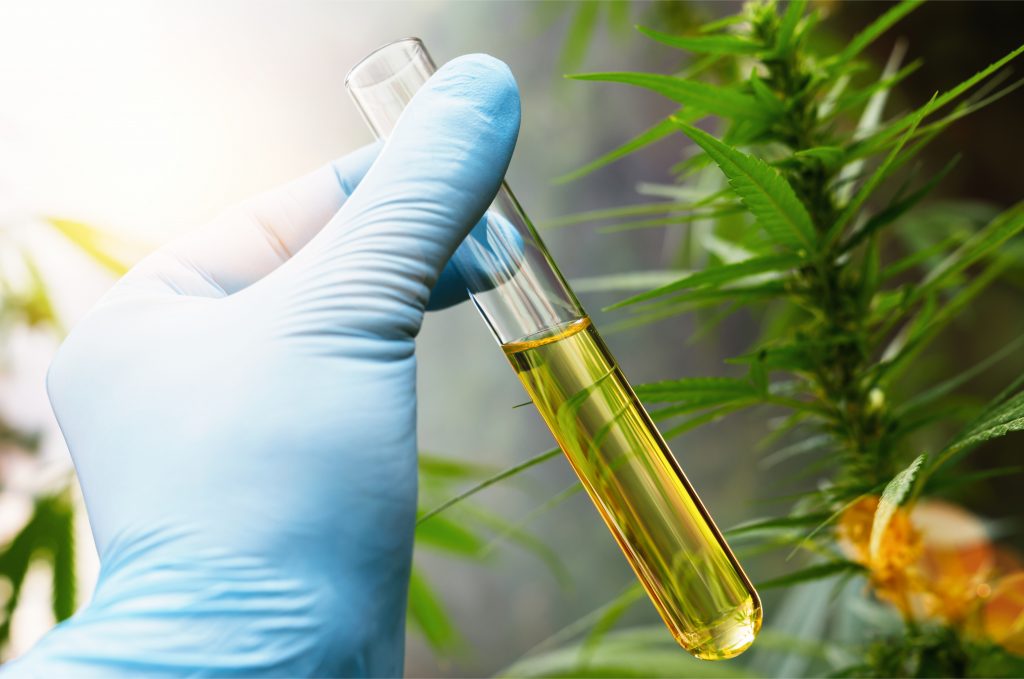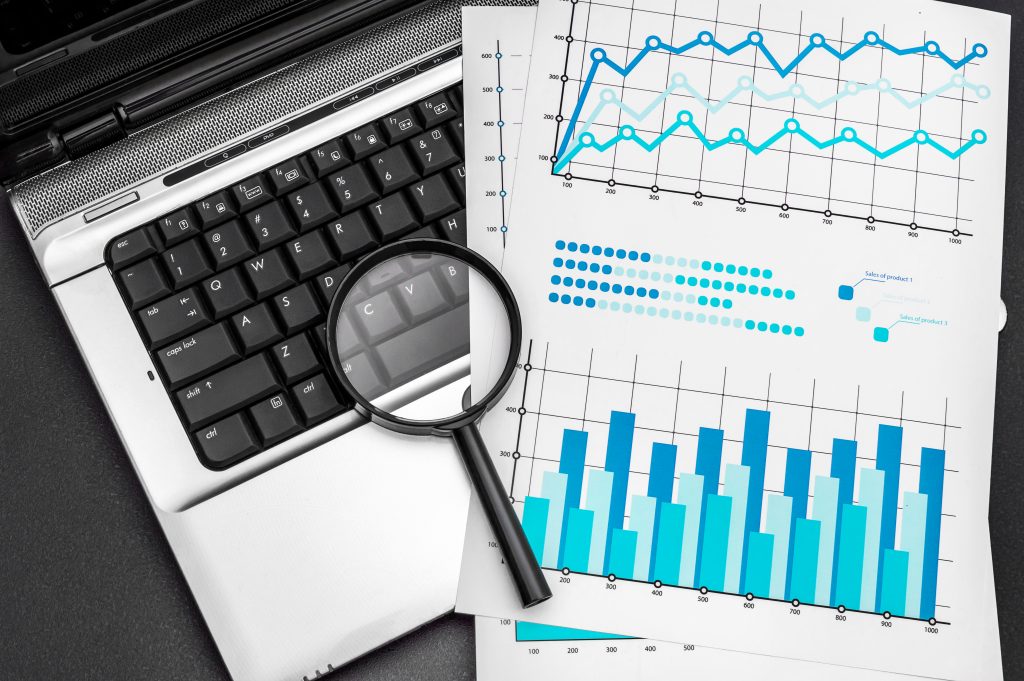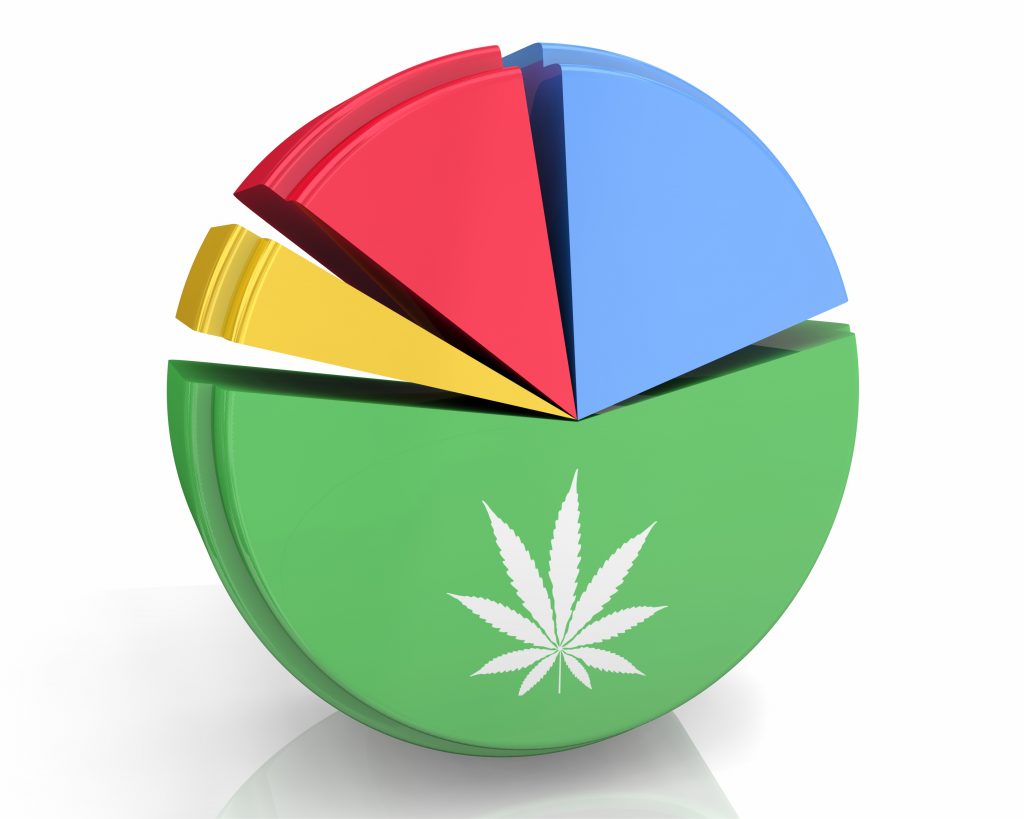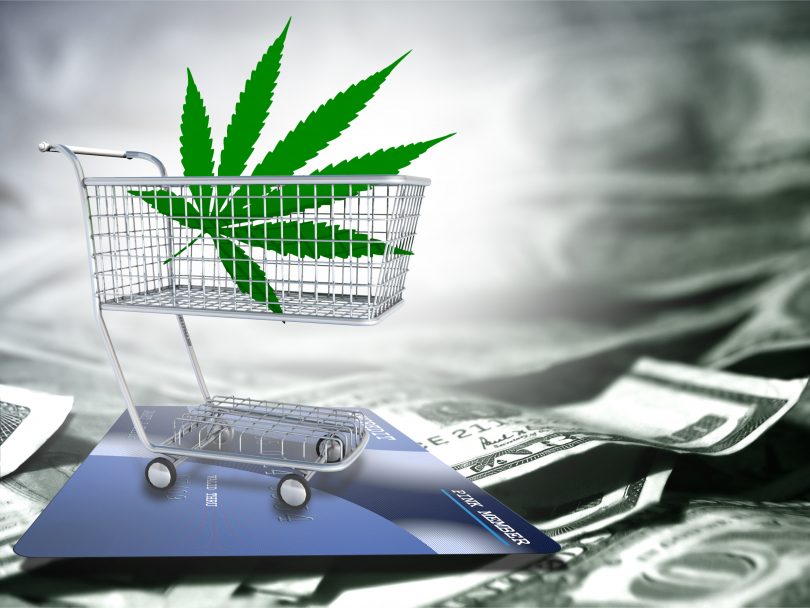It’s odd to have a large and ongoing conversation on a topic, yet not be able to reference information for it. Such is the case right now with the cannabinoid market in the US, which includes the likes of delta-8 THC, HHC, THCO, and delta-10 THC. Writers keep talking about product popularity and market expansion, but in the end, there is no real cannabinoid sales data to elucidate the situation. Where is it?
Finding cannabinoid sales data is quite difficult, which means understanding the size and depth of the market is nearly impossible. Maybe in the future, more companies will release data, but for now we’ll have to wait and see, and speculate only. We cover tons of topics in the emerging cannabis industry, and put out the THC Weekly Newsletter, so you can subscribe and keep up with everything going on. Plus, sign up and you’ll get some sweet deals on products like edibles, vapes, and other cannabis paraphernalia, including cannabinoid compounds. Keep in mind, *cannabinoid products are not everyone’s cup of tea, and we only encourage people to use products they are comfortable with!
What is the cannabinoid market?
The cannabinoid market is a market made up of different naturally occurring, or synthetically-made, cannabinoids, which are sourced from hemp plants. This includes hemp-derived delta-9 THC, and CBD. All the cannabinoids in the cannabinoid market, apart from hemp-derived CBD, either only occur in small amounts that are not enough for product production (delta-8), or simply don’t appear in nature at all (delta-10).
This market came to being with the 2018 US Farm Bill, and the legalization of industrial hemp and industrial hemp products. This was done by way of a new definition for hemp, which separates it from high-THC marijuana. Anything under .3% THC is considered ‘hemp’, while plants with above .3% THC are considered ‘marijuana’. The definition for hemp, however, only includes the plant itself, and does not include synthetic forms – or analogues – of any of the compounds found within hemp.
This is important, because though all cannabinoid products are sold as ‘hemp-derived’, none of them exist for public consumption without synthetization. This discrepancy becomes more profound when considering that some of these compounds don’t exist in nature at all. Though I suppose ‘hemp-derived’ is a loose enough term to fool consumers into thinking what they’re getting is a direct product of the hemp plant, this is 100% false. Since they use synthetic processes, none of these products fall under the definition of hemp, making them prosecutable (in theory) under the Federal Analogue Act.
The idea that they are in fact illegal, despite marketing lines from vendors claiming federal compliance, was backed up when the biggest sales platform, Shopify, banned all items that do not meet federal regulation. While this is often cited as a response to the under .3% THC issue, the much more damning aspect is that these products all necessitate synthetization.

This doesn’t make the compounds dangerous, as none seem to be thus far. But as an unregulated market, and with unscrupulous vendors willing to create lies to sell products – even going as far as using bogus third-party testing facilities to gain user trust, the ability to know what else is added to products, or if they’re cut with something, is impossible. Plus, since all use synthetization methods which the companies are not being open about, we know nothing about these processes, or what dangerous chemicals they might leave behind in a final product.
How does it exist if it’s not legal?
Great question! Why would a country that loves having drug wars, put up with an illegal drug market that’s right under its nose? Drug wars are highly unpopular, have caused extreme damage, and maybe most importantly, have never done anything useful. This means a lot of taxpayer money spent to ruin lives, and not much more. While the federal government sold the idea of these wars more easily in the past, it’s much harder these days.
And especially when the drug in question is weed, or anything related to it. Not only are we talking about a drug with no death count (in great contrast to the current opioid issue), but it’s one where about half the country already live in places where its legal, making it that much sillier to wage wars against it. At least not outwardly. Though Shopify didn’t make a statement about the federal government, it could be assumed that this is why the site did a 180º turn so quickly. The federal government might not be able to get the public onboard with a drug war, but it can enforce its own sales laws.
A last point about the government openly going after these compounds, is that it’s a dicey move if the people catch on. What do I mean? The government itself most certainly pushes synthetic cannabis products in the form of synthetic pharmaceutical cannabinoid medications like epidiolex (CBD) and dronabinol (THC). As in, pretty much exactly what it puts out smear campaigns for (synthetics are dangerous!) are exactly what its pushing.
The more the government outwardly comes down on synthetics, the more it puts itself in the position of needing to answer the question of why pharmaceutical synthetics get a pass, while others do not. To make it even more questionable, many of the illegal synthetics, like THCO, were made by the US government during the 1900’s, and none are attached to a danger profile. The US government would obviously know this since it made them.
Where’s that cannabinoid market sales data?
The problem with an enterprise in an illegal industry reporting any kind of information, is that it makes it known. Though there are plenty of estimations for how much money drug cartels and other criminal organizations bring in, no one knows for sure, because illegal operations don’t report to any government. This goes beyond simply not paying taxes, too. It doesn’t bode well for any black market operation to have private information known by governments.
This is itself a damning notion to the idea of the ‘federal compliance’ that these companies like to advertise. If they were federally compliant, and doing well, they’d be happy to report their earnings, But they’re not doing that. Not directly to government agencies, and not to press or anyone else. For as much as people like to talk about the market, and its size and popularity, no cannabinoid market sales data exists publicly to back any of it up.
Does this mean sales aren’t quite as high as marketing would have us believe? Possibly. Or, they could be higher, and keeping numbers out of the press maintains a level of privacy for these companies. If it was known for sure that they were really making bank, the government might be that much more earnest about getting involved. At least for now, the whole thing is questionable, and under a shield of confusion; meaning no one really knows the size of it, and nothing has been confirmed.

Personally, I’m a bit stumped. While I never meet anyone who knows what these products are, the market does seem to truck along. That it’s a marginalized industry is for sure, but in a country with around 350 million people, even marginalized industries can do okay. From my experience, most people who buy these products don’t understand what they are, or where they’re from. Given the choice between a synthetic, and something actually plant-based, most seem to prefer the real option. This means the industry likely will never fully compete with the real one, whether black market or above board. Having said that, if a product is in every little roadside store, and offers something not otherwise available in certain locations, it can still net a decent profit. It suffices to say that though the cannabinoid industry has not released sales data, that money is coming in.
Does anything exist?
Most companies involved with the cannabinoid market are not large corporations or publicly traded, which is how this information stays hidden. Publicly traded companies must submit information to both the government and shareholders, that private companies do not. It’s through one of these publicly traded companies, that we get anything at all in terms of the cannabinoid market and sales data.
In December 2021, Hemp Bench Marks published a form that was submit to the Securities and Exchange Commission, by the publicly traded company LFTD Partners. This now represents the only situation in the field where such data has been released, and this company is the parent company to brands like Lifted Made which produces URB Finest Flowers.
As per its own description in the S1/A filing, “Our business is primarily engaged in the identification, structuring and seeking to execute on acquisitions of all or a portion of one or more operating businesses involving the manufacture, sale and distribution of products infused with hemp-derived cannabinoids (including but not limited to delta-8-THC, delta-9-THC, delta-10-THC, CBD, CBG and CBN).”
As per Q2 of 2020 filing information, LFTD brought in over $1.26 million for net sales, and “49% of sales were generated from the sale of e-liquid and disposable e-cigarettes, 47% of sales were generated from the sale of hand sanitizer, and 4% of sales were generated from the sale of hemp and hemp-derived products.” By the next year at the same time, “LFTD reported over $6.69 million in net sales, a more than five-fold increase year-over-year. Ballooning sales were driven almost entirely by hemp-derived cannabinoid products” The company further stated, “95% of sales were generated from the sale of hemp and hemp-derived products, and 5% of sales were generated from the sale of e-liquid and disposable e-cigarettes.”
Revenue went up again in Q3 of 2021, with the company bringing in $8.8 million. This can be seen in an accompanying 10Q form LFTD filed to the SEC in which it shows that hemp-derived products brought in nearly all revenue in the most recent quarter: “During the three months ended September 30, 2021, approximately 99% and 1% of sales were generated from the sale of hemp and hemp-derived products and e-liquid and disposable e-cigarettes, respectively.”
LFTD was in the process of acquiring Savage Enterprises at the time this information was released. Savage Enterprises is a similar company which is not publicly traded. However, because of the business deal, Savage did have to release some info as well. According to filed documents, Savage’s sales nearly doubled between Q3 of 2020 to Q1 of 2021, going from just over $2.77 million to over $5.26 million. It then pretty much doubled in each following quarter, rising to over $10 million by Q2 of 2021, and then to over $20 million in the most recently accounted for quarter. Savage says its rise in revenue is “primarily driven by the growth of its award-winning hemp products brand Delta Extrax, under which Savage sells hemp-derived delta-8-THC, delta-9-THC, delta-10-THC, THC-P, THC-O, HHC, and other emerging cannabinoid products.”
What does this mean in terms of entire market data? Which products specifically are selling? And how do these numbers compare to other comparable companies? None of that is known. Seeing numbers from one company (or even two) can be misleading because there’s no basis for comparison, or way to know if the numbers represent a lot or a little of a total industry. Another point to consider, is that this deal never went through. LFTD cancelled it in mid-December, not long before Shopify began banning cannabinoid products. How much Shopify’s move hurt these companies is unknown, nor it is understood if other commerce sites doing the same, could stymie the growth these companies have made.

Is the cannabinoids market dangerous?
I suppose one could say that this depends on how danger is defined. If it’s the possibility of anything bad happening, then I suppose there’s some danger, though in the form of additives, or processing methods, not the compounds themselves. Weed and weed products don’t come with a direct death toll, but plenty of other drugs do.
Like opioids, which the government not only promotes by allowing pharmaceutical companies to sell them, but which wants to lessen guidelines for prescribing, even as 70,000+ people die of opioid overdoses a year. And even as these companies face billion-dollar law suits because of the damage their drugs have caused. Or there’s alcohol, which kills an even higher 95,000+ a year, which can be found everywhere, and which is known to cause indirect deaths through things like drunk driving.
That the government allows these things, but has anything negative to say about the regular cannabis industry, or the cannabinoids industry, is funny at best, and incredibly concerning at worst. Even ketamine has been pushed under the table in favor of people dying from opioids. The idea of the death toll of just these two drug classes (opioids and alcohol), makes it incomprehensibly stupid that there are still smear campaigns for anything related to cannabis.
What is concerning, is how low companies in the cannabinoid market will go to sell their products. However, even saying that is a stretch considering the lies, hidden truths, and buried drug information of pharmaceutical companies. Though I often talk them down because of the business tactics used, I will take most any of these cannabinoid companies over a government-backed pharmaceutical company. Period.
Conclusion
As a writer covering the industry, I don’t have an issue with the cannabinoids market, I just want it regulated so that it can be ensured that products aren’t cut with bad substances or additives, or made with dangerous processing techniques. Apart from that, it would be incredibly interesting if the cannabinoid industry released enough sales data to get a better picture of what’s going on. However, due to the nature of it all, this is unlikely.
Thanks for joining us! Welcome to CBDtesters.co/Cannadelics.com, your #1 source for independent news coverage of the cannabis and psychedelics fields. Check out the site daily to keep up in the always-moving universe of cannabis and psychedelics, and sign up for The THC Weekly Newsletter, so you’re never late on getting the news.

